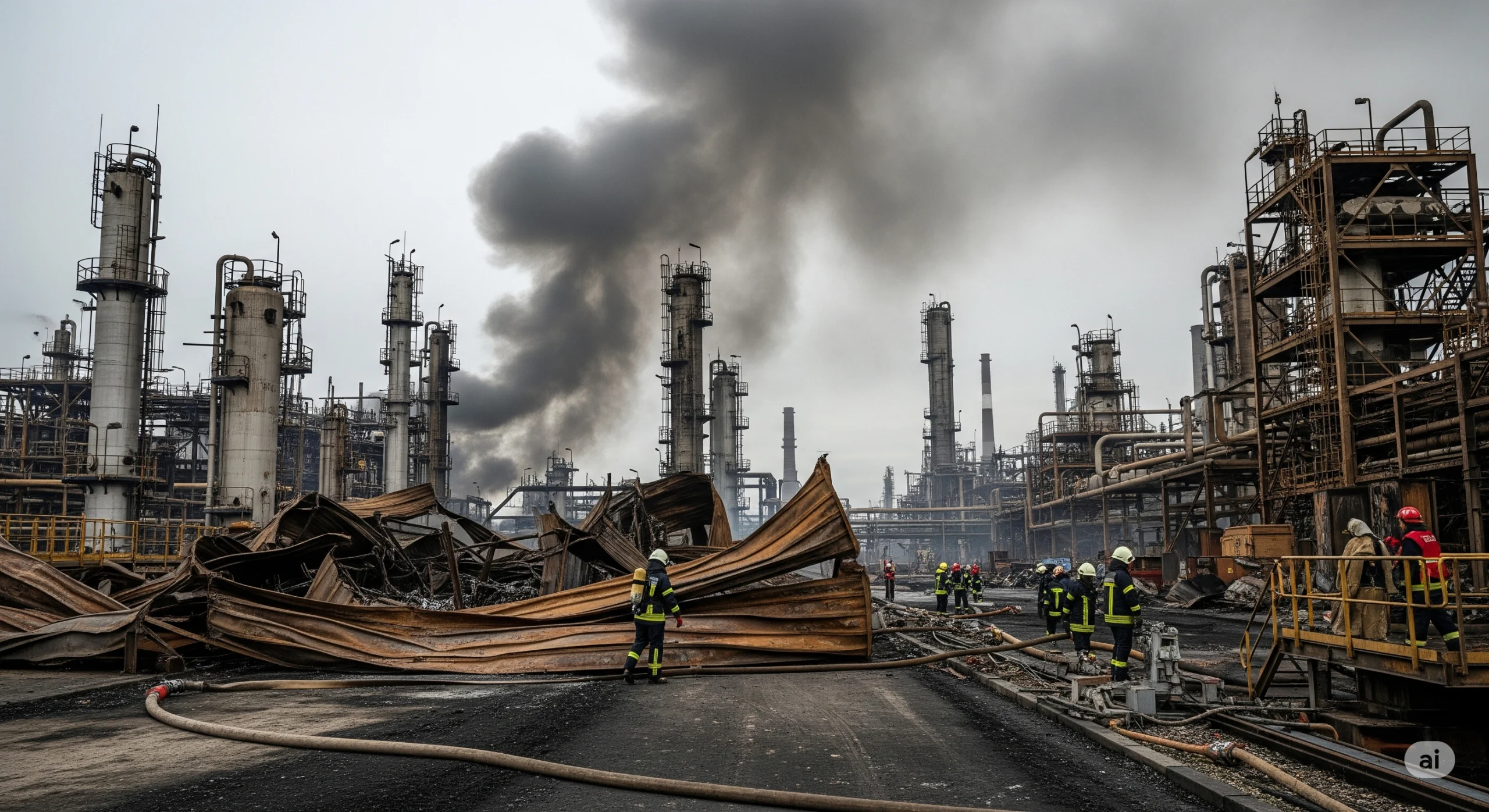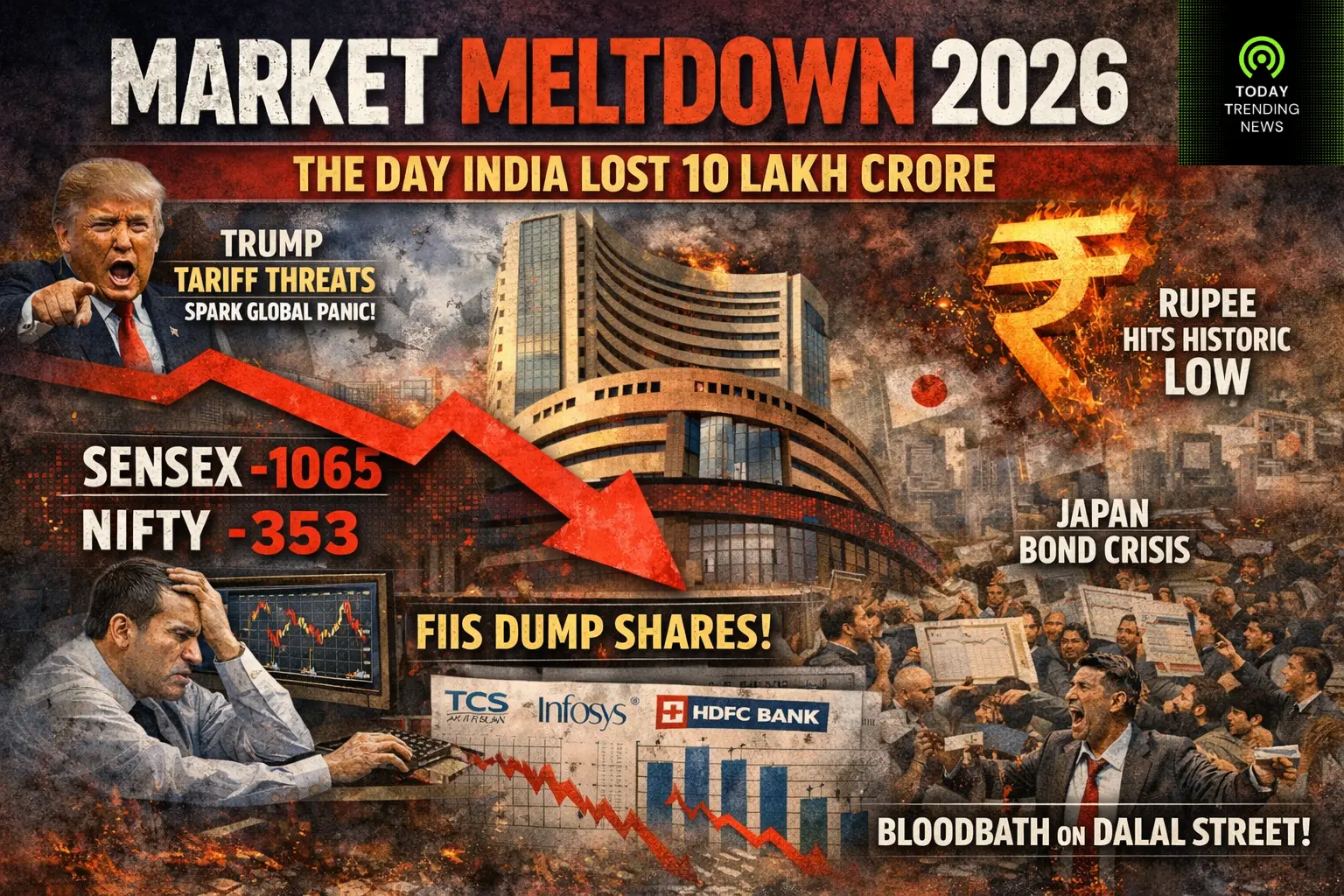Hyderabad, July 2, 2025 — The blast of a terrible fire at one of the chemical factories in the district of Sangareddy in the city of Telangana on Monday became one of the fatal industrial accidents in the modern history of India: at least 40 people died in the accident, and dozens more were injured. It is said to have started as short in a highly flammable storage unit, the inferno consumed the plant within minutes trapping the workers and throwing grisly plumes into the surroundings.
The plant was reportedly engaged in the production of adhesives and chemicals that are solvent based and therefore the fire was very hot. It took much more than five hours to extinguish the fire using emergency services and the process of recovering is still being implemented. In its preliminary findings, it has been indicated that the facility might have overlooked major safety precaution, a factor that has severally bedeviled the flourishing but loosely regulated Indian chemical sector. To read more about national emergencies and news like this one, you may check out Today Trending News.
A Systemic Failure: Laxness, Safety Failures and Regulatory Loopholes
What is more disheartening in this tragedy is that it could have been stopped. Fire safety training is also insufficient with few emergency exits and old fashions fire suppresion system as reported by survivors and local union members.
This is not a one off occurrence. The three largest accidents in the last three years are observed in Telangana, Maharashtra and Gujarat, where there are dense zones of chemical industries. The National Disaster Management Authority in a report in 2024 pointed out that about 70 percent of the small, and mid-size chemical units in India were lacking the basic hazard control measures.
Deaths and Broken Homes
The majorities of those who died were daily workers that is, young men and women in the business of doing night shifts working at precarious conditions in the neighboring villages. More than 15 people whose ages are below 30 have lost their lives in the tragedy; hence lives have been taken and also futures.
The Telangana state is arranging relief measures. The ex-gratia compensation of 10 lakh each to the bereaved families has been announced by Chief Minister A. Revanth Reddy besides promising to take strict action against the people involved.
Political Responses and Responsibility
Leaders of opposition such as Congress Rahul Gandhi and Asaduddin Owaisi of AIMIM have criticized the state government and the Ministry of Chemicals and Fertilizers severely on the repeated failure to execute compliance laws by industrialists.
One of the senior officials in the Ministry of Labour and Employment revealed that a massive investigation has been commissioned. Environment activists and unions also want an independent check of other such plants in India.
Industrial Safety in India – Reform is Overdue
It is absolutely terrifying in its similarity to not only the Visakhapatnam gas leak (2020) but also to the Bhopal disaster (1984) which both showed the underbelly of the Indian industrial carelessness. Despite the previous reminders and losses, the gripping is poor.
Specialists claim that India requires:
- Central real time safety compliance system with hazardous units.
- Compulsory regular safety drills.
- Local panchayats as members of the industrial safety reviews.
- Increased protection to whistleblowers.
Global Acting and Global Spill-Over
The tragedy has garnered world wide attention with human rights groups demanding review of India policies that license industries. Because sampling of air and water in the area surrounding the site depicts toxic amounts of benzene and toluene, which are both carcinogens, there is concern of ecological effects in the area over the long run.
Conclusion: This is a time of Action not of Grieving
As India strives to enter the global economic avenue with its call to invest, industrial safety should be a non-compromisable issue. Though the blaze in Telangana was a nightmare of reminding the public what is at stake, it can serve as a chance to recalibrate policy, introduce the rules of accountability, and place the life of workers above profit margins after all.





One thought on “India Chemical Plant Blaze Kills 40 in Telangana”